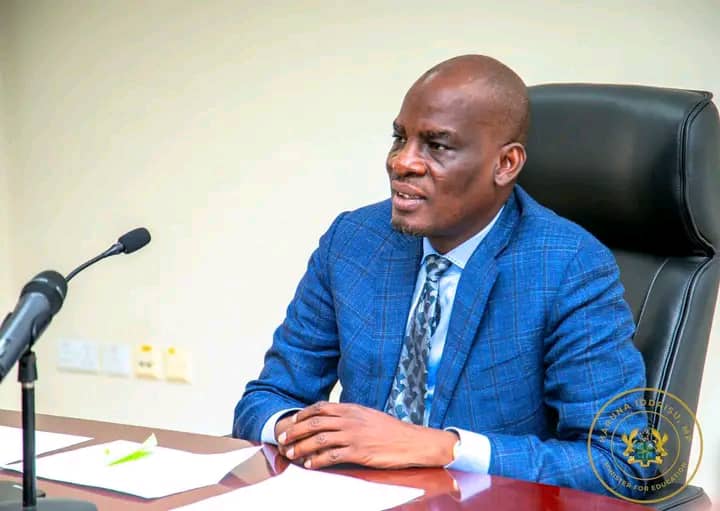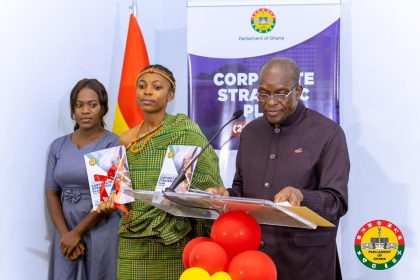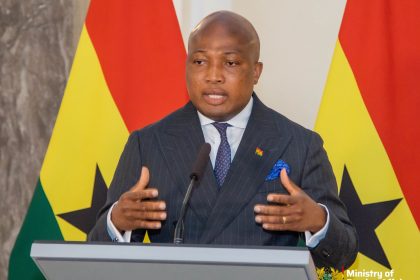Residents of Kadjebi in the Oti Region have expressed mixed reactions to the recent directive by Mr Haruna Iddrisu, the Minister of Education, advocating the use of local languages as the medium of instruction from kindergarten to primary three.
The directive, which forms part of the government’s efforts to improve literacy and comprehension among early-grade learners, seeks to promote effective teaching and learning by encouraging teachers to communicate in languages pupils understand best.
While some residents have welcomed the policy, describing it as a step in the right direction, others believe it could negatively affect pupils’ ability to master English, which remains the country’s official language and a key medium of communication in higher education and employment.
Ms Mabel Fadji Akakpo, a teacher and resident of Kadjebi Zongo, admitted that the use of the mother tongue at the early stages of education enhanced pupils’ understanding and boosted their confidence in learning.
“When children are taught in a language they already speak and understand, they can grasp concepts faster. By the time they move to Primary Four and begin learning in English, they already have a solid foundation that makes the transition easier,” she explained.
Ms Akakpo, who is the Headmistress of Kadjebi D/A Primary School added that the policy would also help preserve Ghana’s rich cultural and linguistic heritage, which she said was gradually being eroded by the dominance of English in schools and homes.
However, Efo George Dorhame, a parent and resident of Martin Kordzi, a suburb of Kadjebi, disagreed with the directive, arguing that early exposure to English is essential in today’s competitive world.
“If a child learns English from Kindergarten, they will be more fluent and confident as they grow. English is the global language of communication, business, and academia, so it is better for pupils to start learning it early,” he stated.
Some parents also raised concerns about the availability of qualified teachers who could effectively teach using local languages, as well as the lack of teaching and learning materials in those languages.
Others, however, urged the government to ensure that proper structures and resources are put in place to make the policy successful.
The mother tongue instruction policy has long been part of Ghana’s education framework, but its implementation has often faced challenges due to linguistic diversity and inadequate teacher training.
The renewed directive by Mr Iddrisu has reignited discussions about the balance between promoting local languages and strengthening English proficiency among Ghanaian pupils.
Meanwhile, Dr Clement Apaak, the Deputy Minister of Education, has clarified that the intended policy is targeted at kindergarten to basic three pupils only, as a language of instruction.
GNA






